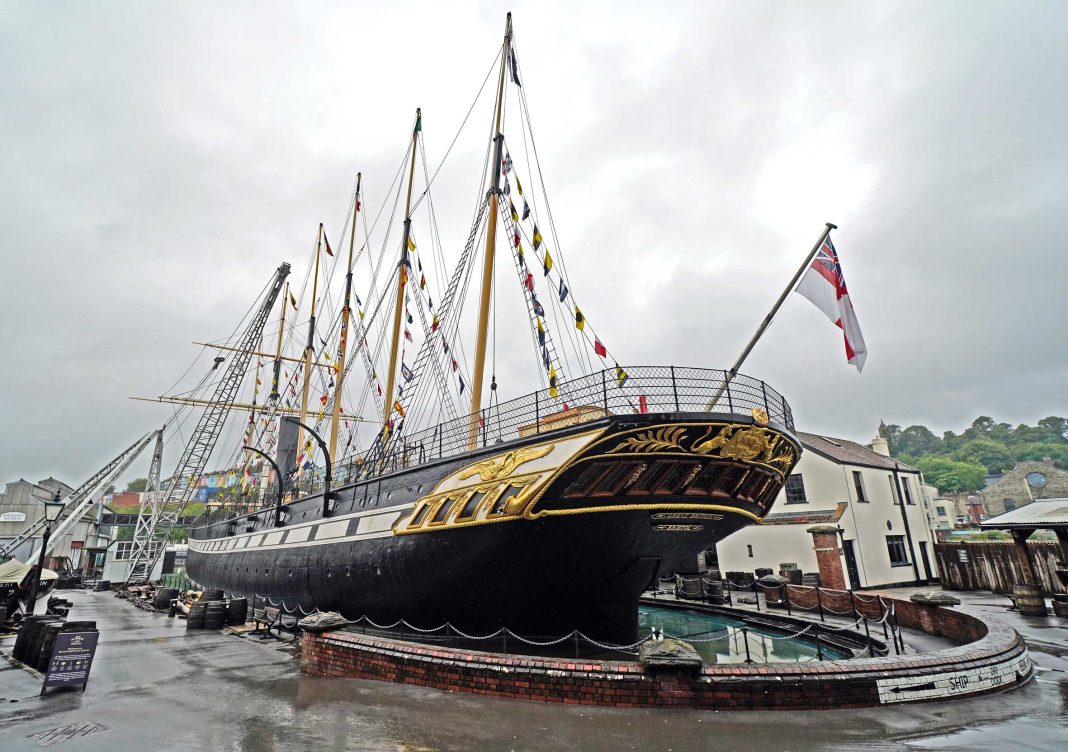As part of a commitment to be carbon neutral by 2030, a pioneering upgrade has been installed at Brunel’s Great Britain.
Beneath the ship the belt-driven fan installed as part of the ship’s dehumidifier under the glass sea has been replaced with the latest technology, a fangrid wall of smaller direct drive fans.
The new fans, which keep the air as dry as in the Arizona dessert, will use up to 30% less electricity which equates to boiling water for 1.3 million cups of tea.
The ship’s iron hull is extremely vulnerable to corrosion and is the most fragile part of the ship.
At the time of her rescue it was so corroded that it was feared she would not survive so this upgrade is thought vital to her ongoing conservation.
The cost saving is also important as Great Britain has seen a massive loss of income due to Covid.
Designed by Brunel for the transatlantic passenger trade between Bristol and New York, and launched in 1843, Great Britain was a gigantic ship for her time with high operating costs.
From 1886 she took on a static role in the Falklands. In 1970 she was brought back to Bristol on a barge.
Report by John Megoran


